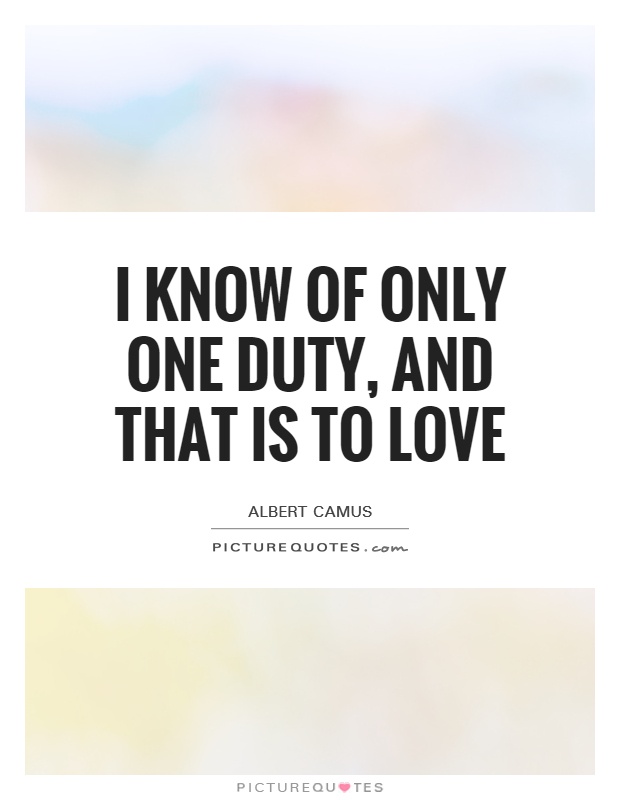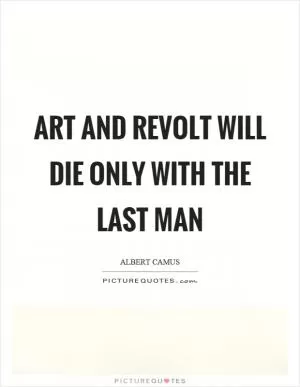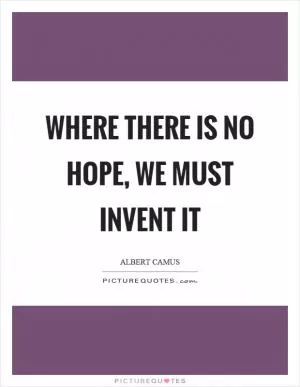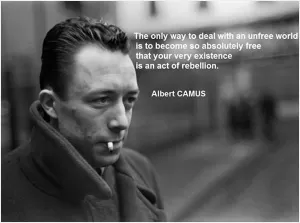I know of only one duty, and that is to love

I know of only one duty, and that is to love
Albert Camus, the renowned French philosopher and author, is often associated with the idea of existentialism and the absurdity of life. However, one of the central themes in his work is the importance of love as a guiding principle in the face of life's inherent meaninglessness. In his essay "The Myth of Sisyphus," Camus famously declares, "I know of only one duty, and that is to love."For Camus, love is not just a fleeting emotion or romantic attachment, but a fundamental ethical imperative that gives meaning to our existence. In a world devoid of inherent meaning or purpose, love becomes a way to transcend the absurdity of life and connect with others on a deeper level. It is through love that we can find solace in the face of suffering, create meaning in a world that seems indifferent, and forge connections that give our lives purpose.
Camus believed that love is a radical act of defiance against the absurdity of existence. In a universe that is indifferent to our struggles and suffering, choosing to love is an act of rebellion that affirms our humanity and our capacity for compassion and empathy. By embracing love as our primary duty, we can overcome the nihilism and despair that often accompany the realization of life's inherent meaninglessness.












 Friendship Quotes
Friendship Quotes Love Quotes
Love Quotes Life Quotes
Life Quotes Funny Quotes
Funny Quotes Motivational Quotes
Motivational Quotes Inspirational Quotes
Inspirational Quotes